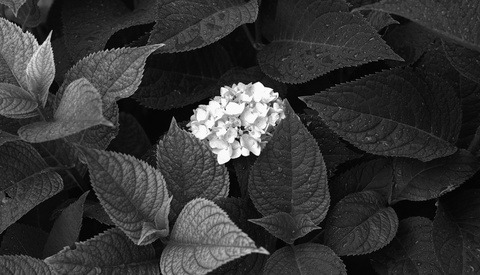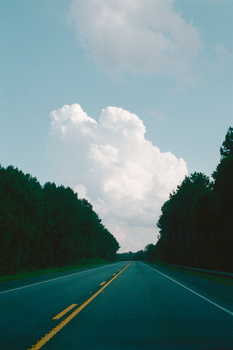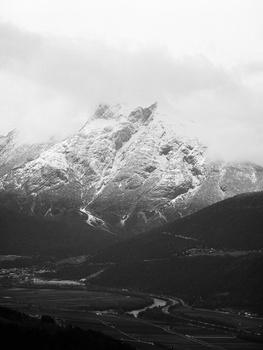The Best Entry-Level Flatbed Scanner for Film: Fstoppers' Long-Term Review of the Epson V600
Tags: Photography for Beginners, Epson V600

For photographers looking to get into scanning their own film, the Epson V600 is the perfect first flatbed scanner.
Still made new, the Epson V600
is available for $230 from most retailers that sell camera equipment.
It doesn’t have the best reputation when compared with its more refined
and expensive sibling, the Epson V850.
It does, however, come at a much lower price tag at one fifth the
price. It’s true, the V850 has many updated features that would result
in sharper images, but for all intents and purposes, the difference is
minimal unless you’re making a fairly large print.

Example scan of 35mm (Kodak Gold 200)
For those that are debating whether a scanner is right for them, the V600 is the perfect way to get into home scanning without spending more than $1,000. So, how much experience do I have with this scanner? I am nearing scan number 3,000. Since I started, I’ve learned a great deal about how to get the best scans, and even now, I still debate every now again re-scanning some of my old negatives because the conversion software that I prefer to use (Negative Lab Pro) gets updates, but that’s neither here nor there. The Epson Scan software that comes with the V600 is very disappointing and is not capable of distinguishing the difference between frames, so now, I have to manually select the frames myself and crop later (which is fine, just a slight annoyance).
How does the V600 compare to digitizing with a digital camera and a macro lens? For color negative and color reversal film (slide film), a flatbed scanner provides a substantially better workflow, particularly as it pertains to dust removal. For black and white film, on the other hand, scanners cannot do dust removal, so there is little benefit to a flatbed scanner compared with digitizing with a digital camera. When it comes to the quality of the scan, I would argue that the difference is primarily driven by the film, format, and the amount of under/overexposure. For astrophotography specifically, I cannot stand the use of a flatbed scanner. Perhaps I just need more practice or some good advice, but my scans always come out really grainy and with minimal detail. Using my Sony a7R II and a macro lens, however, makes a world of difference. When it comes to the colors, assuming the conversation is about the color negative film, I have limited experience comparing the results side by side, and for those particular examples, I couldn’t tell any substantive difference between the two methods on the colors alone. The sharpness was substantially better on the Sony, though for 6x4.5 negatives, an 8x10 print would not show any difference. For 35mm, there seems to be a pretty big improvement, but with the slower workflow, I still wouldn’t use it the majority of the time. Perhaps if one day I buy the Mongoose automatic film scanner, I will change my mind, but for the time being, I use my V600 for 35mm to 120.

Example scan of a 6x4.5 negative (Ilford Ortho)
What I Like
- Affordable relative to other quality flatbed scanners
- Very easy to use
- Capable of using DIGITAL ICE for pretty high-quality dust removal
What I Don’t Like:
- It cannot scan large format, so I’m relegated to digitizing my 4x5 with my digital camera
- It’s slow and takes a long time to warm up
- The conversion software is pretty terrible
- The scans are not as sharp as you'd get from a digital camera
Do you own or have you ever used the Epson V600? If so, what are your thoughts on this particular scanner? Do you have any thoughts on the V600 compared to other scanners or other scanning methods? You can get yours here: Epson V600.
Share this article.
----------------------------------------------------------------------------------------------------------------------------
PHOTOGRAPHY FREEBIE:
How to make money with your Photography even if you're not a Pro.
Copy & paste this link into your browser, click ENTER, and enjoy:
https://mrdarrylt.blogspot.com/2020/01/how-to-make-500-month-from-your.html-----------------------------------------------------------------------------------------------------------------------------
Visit me on Facebook and post your pictures.
https://www.facebook.com/Darryl-T-363867387724297/
No comments:
Post a Comment
Note: Only a member of this blog may post a comment.